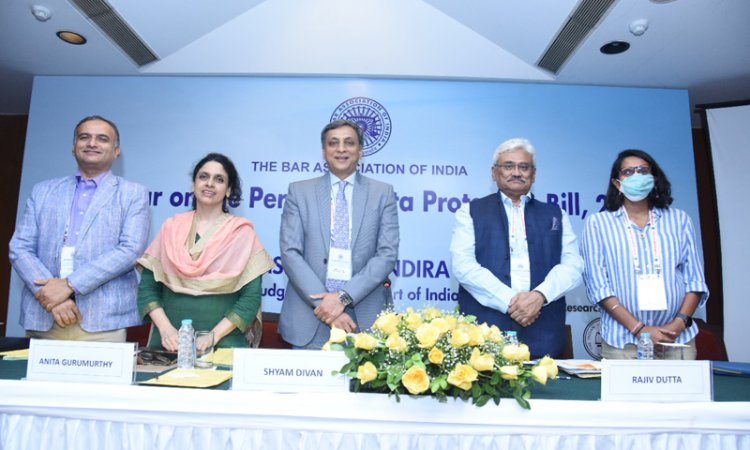Data Governance Within The Personal Data Protection Bill & Criminal Law And Privacy
Parvati Nambiar
13 May 2022 4:03 PM IST

Next Story
13 May 2022 4:03 PM IST
The third working session at the Bar Association of India's Seminar on the Personal Data Protection Bill, 2021 held on 3rd May 2022 at New Delhi and looked into the data governance and criminal law aspect of the data protection bill. The session was chaired by Shri Shyam Divan - Senior Advocate & Vice President, BAI. He started the discussion introducing all the...
